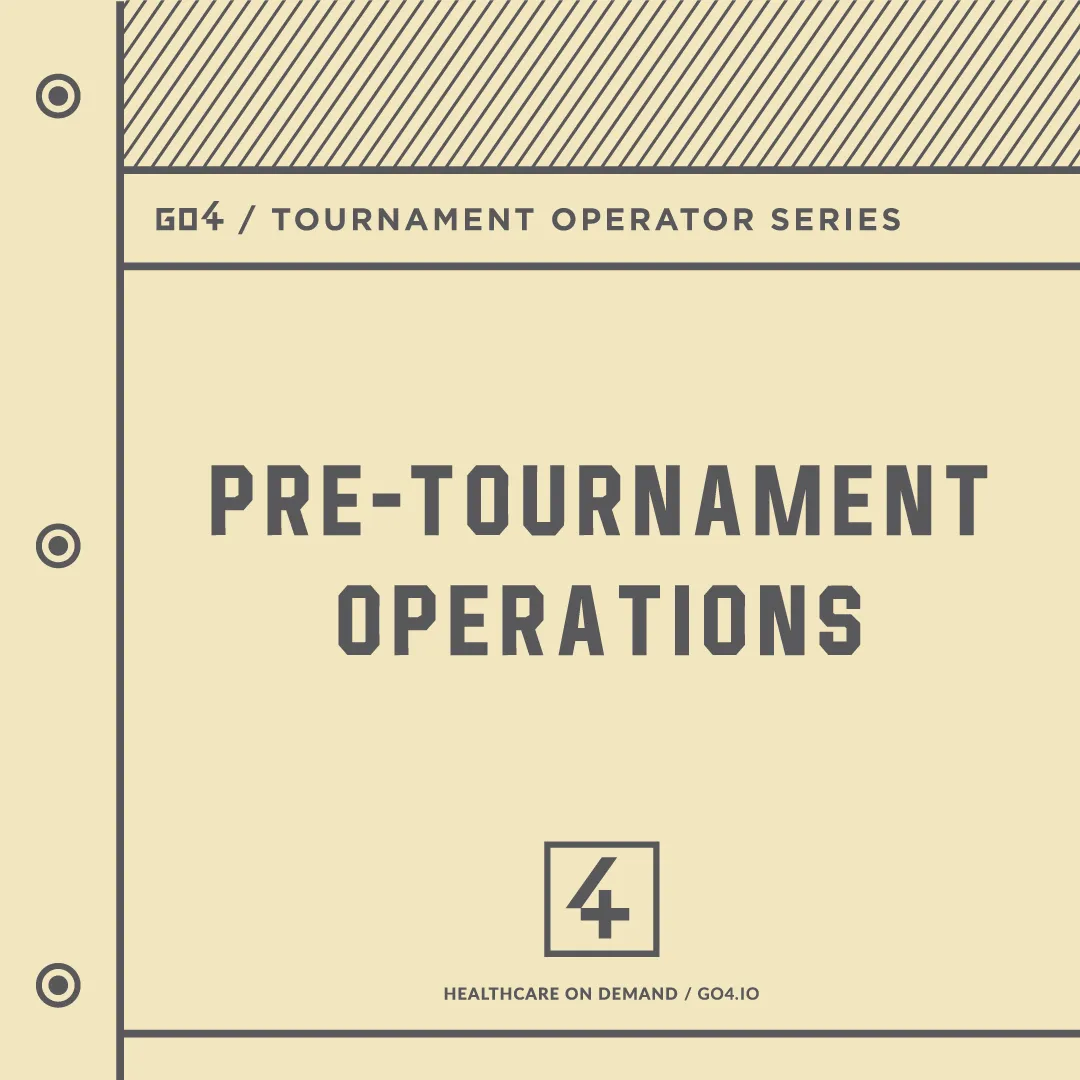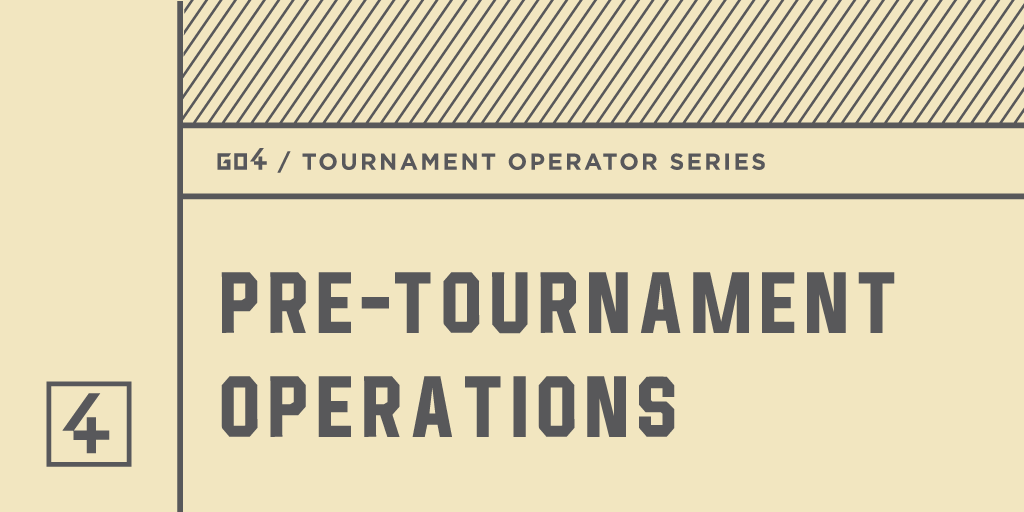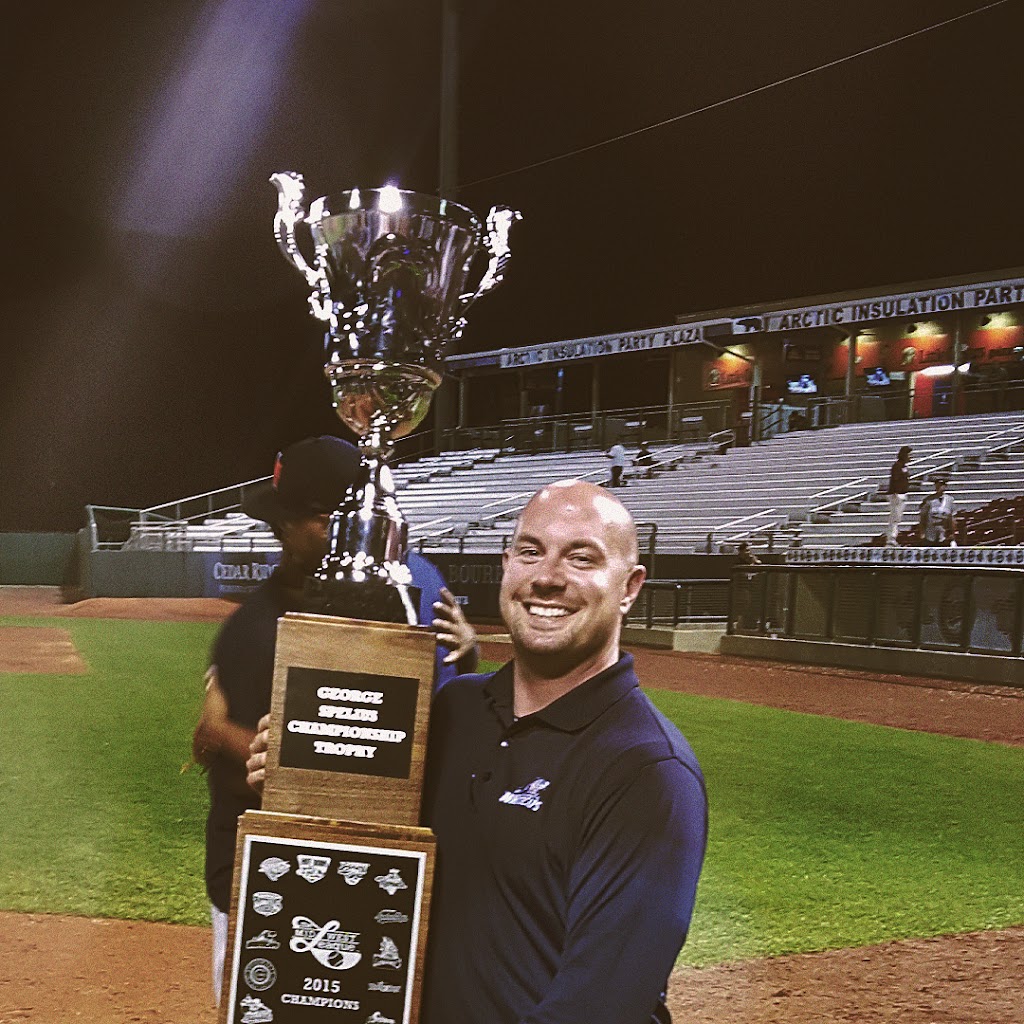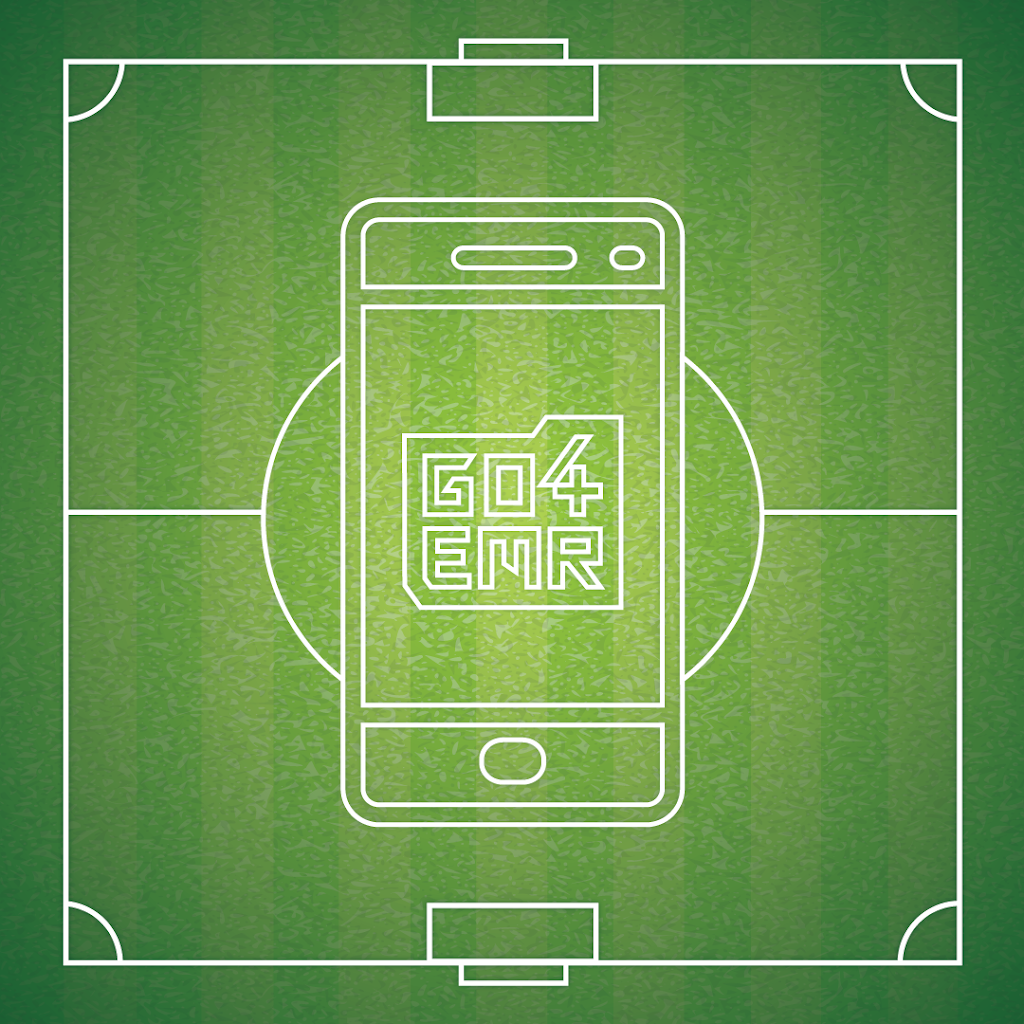Tournament Operator Series: What goes into Pre-Event?


Tournament Operator Series: What goes into Pre-Event?
You know Go4 as the platform that connects you with per diem athletic trainers to help you operate a safer tournament, event, showcase, club or camp. But the impetus for Go4 was a simple one–we were in your shoes!
The team at Go4 is made up of players, athletic trainers, tournament operators and club coaches from every level; we’ve spent thousands of hours creating tournament schedules, tracking down rosters, answering questions from parents, and of course, hiring athletic trainers.
We want to share that knowledge. Because Go4 is about making connections, and that includes connecting our partners with the combined knowledge of expert operators. Just in time for fall tournaments and tryouts!
Part I of the series gave you 9 Safety Considerations at a Venue. In part II of the series, we’re talking about Pre-Event Operations:
- Of course, safety first.
- Hire your athletic trainers well in advance of your event (30 days if possible). Check with your National Governing Body or the Go4 team to make sure you have the right ratio of medical pros to playing surfaces and participants.
- Once you’ve hired an AT, grab their contact details, and start an open line of communication. ATs are your partners at the event; they can help identify problems points in your Emergency Action Plan, share expertise if you have weather policy questions and even notify the closest emergency services that you’ll be running an event in the area.
- They’re also going to have questions for you! Discuss your plans for HQ (likely where you will keep AEDs), and provide answers for questions like: What is the ice situation? Will I have a golf cart? How many participants, and at what age group? How are we going to communicate on event day?
- Hire your athletic trainers well in advance of your event (30 days if possible). Check with your National Governing Body or the Go4 team to make sure you have the right ratio of medical pros to playing surfaces and participants.
- Schedule. Then make a backup for your backup.
- On a miserable Saturday night, after completing a successful and well-attended individual showcase event, flash-flooding eliminated 10/12 fields for Sunday’s team event.
Luckily, we were able to enact our Director of Events’ “Plan C”, shifting to 5 venues with 2 fields per venue. - Having multiple schedules planned in advance in case of a catastrophic event can save the day. The updated scheduled should be linked into already-drafted event-communication to communicate easily efficiently, and you will still play the majority of games on Sunday.
- On a miserable Saturday night, after completing a successful and well-attended individual showcase event, flash-flooding eliminated 10/12 fields for Sunday’s team event.
- Vendors
- When it comes to vendors, it’s not just about locking them two months prior to the start of your tournament–be sure to communicate with vendors for exclusivity, profit share, vendor fees, and any “extras” they may be providing. We’ve all had the apparel company that gave out free stickers and added an extra 1.5 hours to your venue cleanup trying to peel mascots off every surface.
- When it comes to vendors, it’s not just about locking them two months prior to the start of your tournament–be sure to communicate with vendors for exclusivity, profit share, vendor fees, and any “extras” they may be providing. We’ve all had the apparel company that gave out free stickers and added an extra 1.5 hours to your venue cleanup trying to peel mascots off every surface.
- Food–it matters
- Most people will spend the majority of their time at your event not playing a game. When you realize that, the aspects off the field become more important.
- Food will make or break your event. If the venue does not have a permanent concession stand, look into food trucks or catering companies. Make sure that you clearly communicate their location, time of arrival, what they are able to leave on site for multi-day events, wifi, water and power needs.
- Pro tip-if you venue doesn’t open the grill until 11am for lunch, hire a food truck for morning games; while coaches pick which event to go to, parents remember the ones they loved and lobby in the offseason for “that tourney with the great coffee truck that made my 8am game on Saturday bearable.”
- Most people will spend the majority of their time at your event not playing a game. When you realize that, the aspects off the field become more important.
- Venue Set Up
- Always make sure you visit the venue the day prior to the event to set up.
- Check that all goals and fields are in working order and lined correctly.
- Post your field signage and any marketing materials so that they will be visible even with the crowds. Signs on the back of goals are difficult to read. Welcome people into the venue with your branded material and make sure markers like field numbers or restroom signs are easily visible, high up in the air if possible.
- Always make sure you visit the venue the day prior to the event to set up.
- Pre-Event Communication
- We’ve mentioned it briefly above, but you should be sending out three separate pre-event communication emails, typically 48 hours prior to the start of the event:
- Coaches/Club Directors – CONFIRM everything! Before making your schedule and sending it out, verify that you have the correct team in the proper division, with the right name, and that they are paid in full. Depending on the size of the event, sending a draft schedule to the coaches / directors prior to releasing it can eliminate future headaches (and have met your agreed upon requests, e.g., maybe a team needs to schedule later in the day due to SATs). Schedule requests should never be guaranteed, but considered and implementing when possible.
- Participants – get started on the right foot with parents, players, and spectators coming to your event. Link a field map that displays not only fields, but HQ, bathrooms, and PARKING! Make sure your schedule is included so parents can cross-reference for the best place to park. Outline any facility specific rules, tournament rules, technology for following their team (e.g., tourneymachine) and social media to view.
If you’re going to charge for parking, warn people in advance; unforeseen cash costs is easily the simplest way to start your event off with a negative tone. - Staff – including vendors, medical and any field marshals, referees or clean up crew. This email should also include the field map, bathrooms, expected hours and any venue limitations (such as electricity or access to potable water). Your Emergency Action Plan should be prominent in this email; field marshals and medical staff need to be well versed in the plan.
- Coaches/Club Directors – CONFIRM everything! Before making your schedule and sending it out, verify that you have the correct team in the proper division, with the right name, and that they are paid in full. Depending on the size of the event, sending a draft schedule to the coaches / directors prior to releasing it can eliminate future headaches (and have met your agreed upon requests, e.g., maybe a team needs to schedule later in the day due to SATs). Schedule requests should never be guaranteed, but considered and implementing when possible.
- We’ve mentioned it briefly above, but you should be sending out three separate pre-event communication emails, typically 48 hours prior to the start of the event:
In Part III of the Tournament Operator series will focus on what event day looks like. Stay tuned!
Need an athletic trainer? Go4 is a nationwide app/platform that connects teams and organizations with per diem athletic trainers for games, practices, camps, clinics and tournaments. For more information, or to find and hire an athletic trainer, visit go4.io
If you’re an AT looking to pick up a shift or two, create your free Go4 account.
Are you an Athletic Trainer?
Join us!
From per diem shifts to full-time opportunities, AT resources, PLI, a free EMR and more, Go4 is the essential AT app. Sign up now!
"*" indicates required fields
Other articles you might like

What is the deal with Standing Orders?
How do I get standing orders as an athletic trainer? Q: What are standing orders? A: Standing orders, aka medical protocols, establish the scope of practice for an athletic trainer. Under the direction of a physician, they are an overview of the specific skills that the AT is legally able…

AT Spotlight: Thomas Obergefell, Athletic Training from the Dugout
Name: Thomas Obergefell, MS, ATC, LAT Nickname: T.J. Alma…

Middle School / High School / College / Any School EMR: The Importance of Documentation
Go4’s in-app Electronic Medical Record We all know the reasons why it’s important to thoroughly document, but incase you forgot, here they are:…